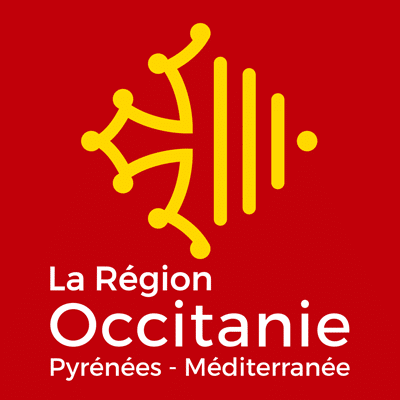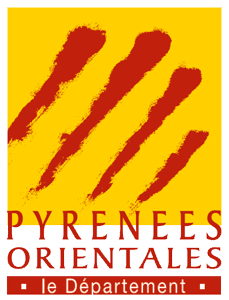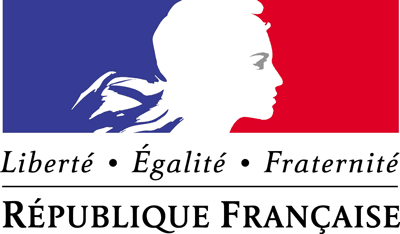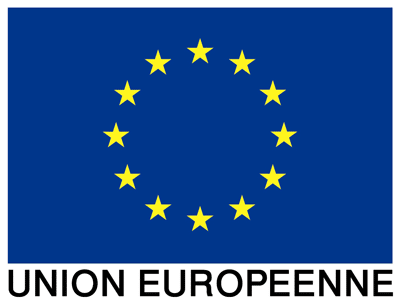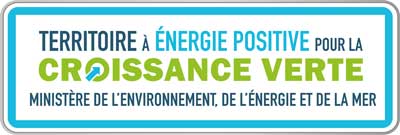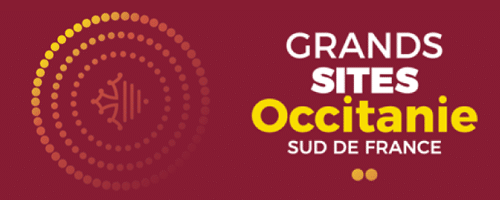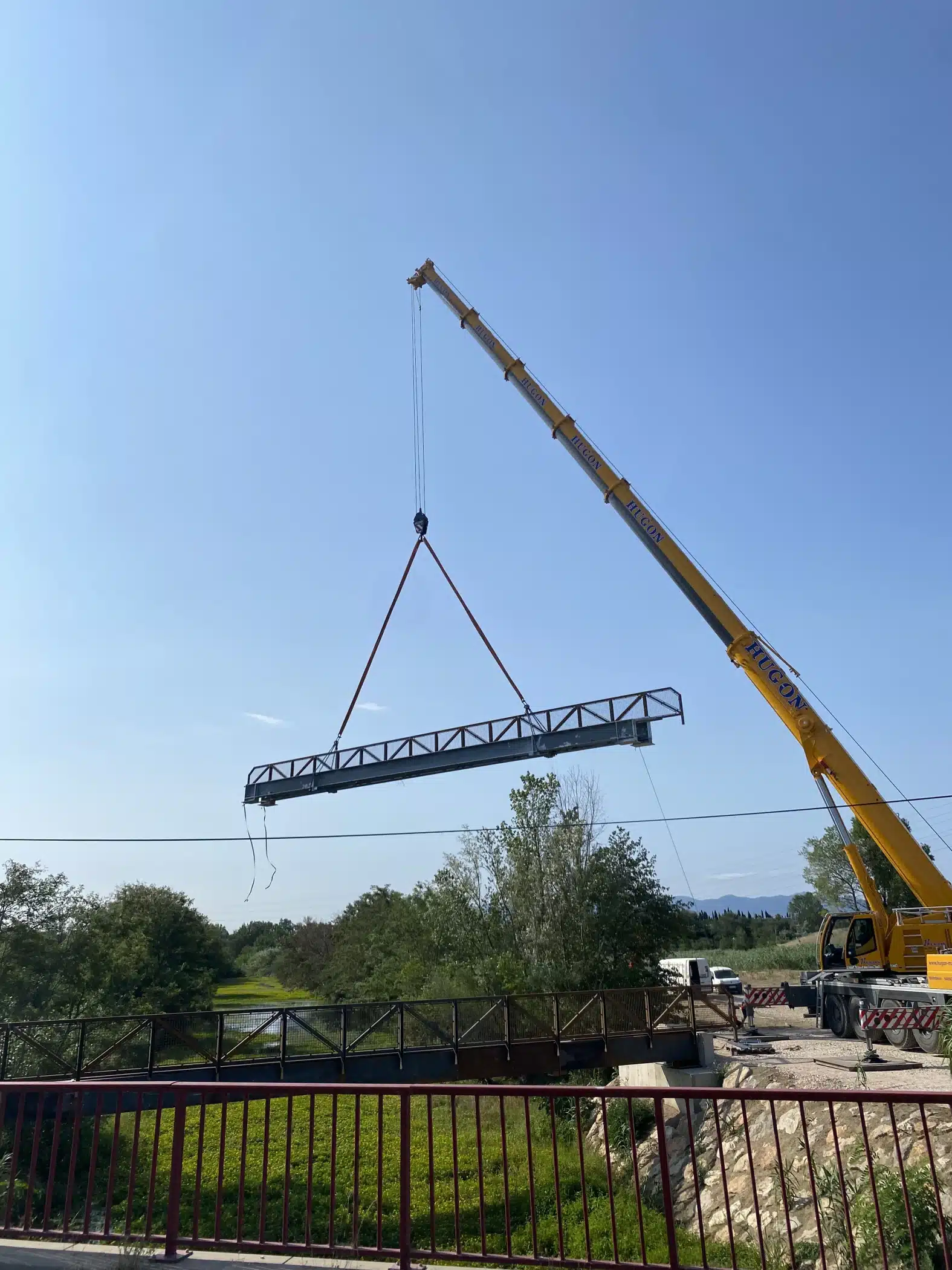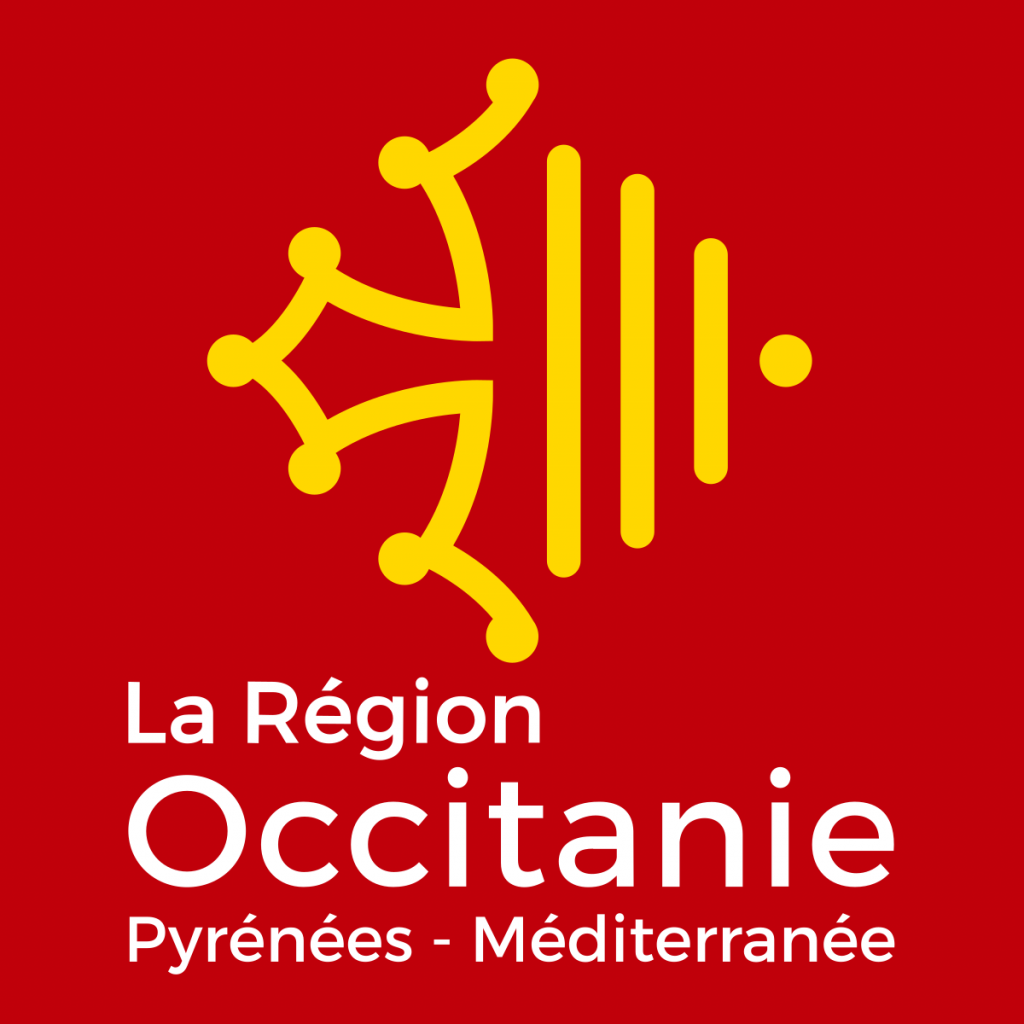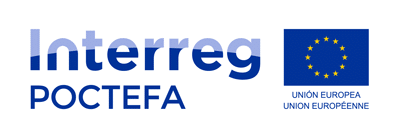
The partners
The Perpignan Méditerranée Métropole urban community, a regional hub, is located on the major communication axis between Europe and the Iberian Peninsula. It is part of a dynamic cross-border area that includes one of Europe's richest, most innovative and integrated regions, Catalonia. For many of its inhabitants, daily life is marked by the importance of cross-border links with Spain and Andorra. As a result, Perpignan is the new headquarters of the European Grouping for Territorial Cooperation (EGTC) of the Pyrenees-Mediterranean Euroregion, and hosts both a Spanish Consulate and a Delegation of the Generalitat de Catalunya. Perpignan Méditerranée's openness to the South is a major opportunity, particularly in terms of European projects and integration.
Links between public institutions are a source of numerous exchanges and joint actions. Some projects receive support from the European Union as part of the European program to support cross-border cooperation: the Interreg V-A Spain-France-Andorra Territorial Cooperation Program (POCTEFA 2014-2020). This is a European cross-border cooperation program created to promote the sustainable development of the border territories of Spain, France and Andorra.
The urban community of Perpignan Méditerranée Métropole is taking part in 2 projects financed by the POCTEFA program.
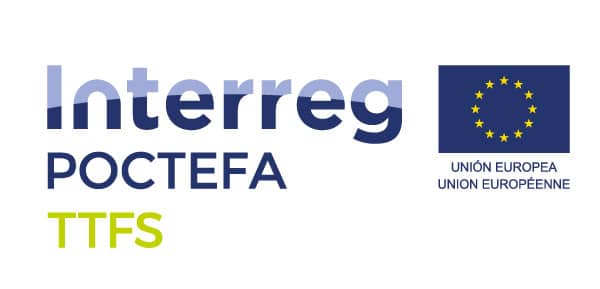
Go for a walk along the Pyrenean-Mediterranean rivers
TTFS is a sustainable cross-border river tourism project based around the Mediterranean rivers Têt, Ter, Fluvià and Segre.
PMM is the lead partner in partnership with Perpignan Méditerranée Tourisme, Lleida City Council, Girona City Council, the Consorci del Ter and Turisme de Lleida.
This project proposes to develop a new cross-border tourism offering based on river tourism, which is very present in Europe, but little organized and developed in the cross-border territory and on the Pyrenean-Mediterranean river routes.
The aim is to enhance natural and cultural heritage through the creation of a new river tourism product designed as a unique cross-border edutainment area, respectful of the environment, promoting sustainable mobility between town and country, and drawing on the main economic players linked to rivers.
It's a proposal for ecological riverside tourism that combines blueways with greenways, water-related activities with those organized on the riverbanks to enable the discovery of flora and fauna, history and heritage, the gastronomy of riverside towns and villages, leisure activities and so on.
The aim of the TTFS project is to develop an attractive, complementary cross-border tourist destination, linking 4 circuits along the Pyrenean-Mediterranean rivers Têt, Ter, Fluvià and Segre. The common thread running through TTFS is the creation of itineraries based on the interconnection of existing green and blue routes between urban and rural areas. The tourist leisure infrastructures and river ecosystem enhancement actions created as part of TTFS will showcase the natural heritage. At the same time, it is planned to improve the quality of the ecosystems present, while developing the tourist potential of the river banks with educational tours, discovery competitions, cultural events, gastronomic days, and tourist circuits between the 4 river bank zones, with the common aim of cultural hybridization and boosting tourism.
The total cost of the project is €2,267,000, including PMM: €910,000 and OTC: €17,800.
The project is 65% co-financed by the European Union through the European Regional Development Fund (ERDF) as part of the INTERREG POCTEFA 2014-2020 program. PMM has also obtained a €60,000 contribution from the Occitanie Region.
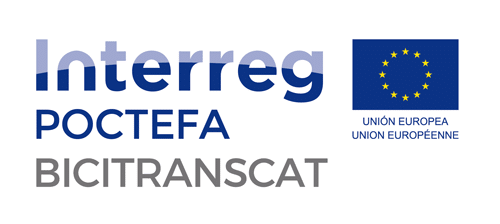
connected to a cross-border cycle network
BiciTransCat proposes the development of new cross-border cycle routes and multimodal connections to promote sustainable mobility. The Consorci de les Vies Verdes de Girona is the lead partner, in partnership with Figueres City Council, the Conseil Départemental des Pyrénées-Orientales, the Consell Comarcal de l'Alt Empordà and Perpignan Méditerranée Métropole Communauté Urbaine.
BiciTransCat aims to develop a new sustainable cross-border coastal mobility axis structured around the EuroVelo 8 "Mediterranean by bike" (Cadiz-Athens) cycle route of European interest. This project responds to the strong expectations of itinerant tourists, fixed-stay tourists and the local population, highlighted by the Enllaç project and the Pirinexus network. The aim of BiciTransCat is to link the main tourist destinations in Girona and the Pyrénées-Orientales by means of a cycle route interconnected with the various modes of public transport, in order to promote sustainable mobility, provide a coastal variant and offer an alternative to the roads that are often saturated during the summer months.
To achieve this, we will focus on three main areas:
- Develop a new section of EuroVélo 8 and improve it by developing a network of greenways providing feeder routes to it, particularly from the Perpignan and Figueres TGV and AVE stations, in order to improve the existing sustainable cross-border transport offer.
- Develop new sustainable mobility services and facilitate cross-border multimodal behavior (accessibility of modes, information, development of facilities).
- Study user behavior on these cross-border sustainable mobility routes, and measure the economic impact of improvements to the transport offer throughout the region.
The Consorci de les Vies Verdes de Girona is the lead partner, in partnership with the Mairie de Figueres, the Conseil Départemental des Pyrénées-Orientales, the Consell Comarcal de l'Alt Empordà and, of course, Perpignan Méditerranée Métropole Communauté Urbaine.
The total cost of the project is €4,689,000 of which PMM: €1,239,500
The project is 65% co-financed by the European Union through the European Regional Development Fund (ERDF) as part of the INTERREG POCTEFA 2014-2020 program.
The project is 65% co-financed by the European Union through the European Regional Development Fund (ERDF) as part of the INTERREG POCTEFA 2014-2020 program.
Take a trip around the Mediterranean
The Mediterranean by Bike is the French part of EuroVelo 8 which will eventually link Cadiz in Spain to Izmir in Turkey over 7,500km. From the Perthus to Menton: 850km of bicycle adventure to discover unexpected and remarkable panoramas, visit unmissable heritage sites, and taste the epicurean pleasures of our land.
The ES TET Greenway Routes
Discover the map of the ES TET greenway. The 25 km of bicycle paths, which will go up the Têt from Canet-en-Roussillon to Saint-Féliu-d'Avall by the ES TET greenway, constitute the Roussillon part of the Têt valley bicycle route. Organize your rides with the map below.
ES TET is an East-West soft mobility route
A cycle route on the banks of the river linking 11 municipalities from the sea to the hinterland, included in the regional scheme of cycle routes, the Roussillon part of the Têt cycle route. For a daily mobility but also tourist, this way is connected to the Mediterranean with bicycle -EuroVélo 8. It is a structuring axis of the territory supported by the institutions.
Which Objectives for the enhancement and appropriation of the river banks and riverbanks
Sustainable development objectives and a transversal and global approach to respond to all the issues at stake:
To promote soft mobility throughout the territory, for commuting, for leisure and for tourism.
Protecting the river's natural and cultural heritage
Including Perpignan, the capital of the Kingdom of Mallorca
This scale of the project reveals the emblematic dimension of the river for the territory of Perpignan Méditerranée Métropole, which has been awarded the Grand Site Occitanie label. In a specific cross-border regional space.
Enhancing the heritage of municipalities
Developing the green tourism economy
Structuring the territory's green and blue framework
Making nature areas accessible to all
Create the conditions for cohesion between the inhabitants of the territory
ES TET integrates all sustainable development objectives
Exploratory map by Diane Berg!
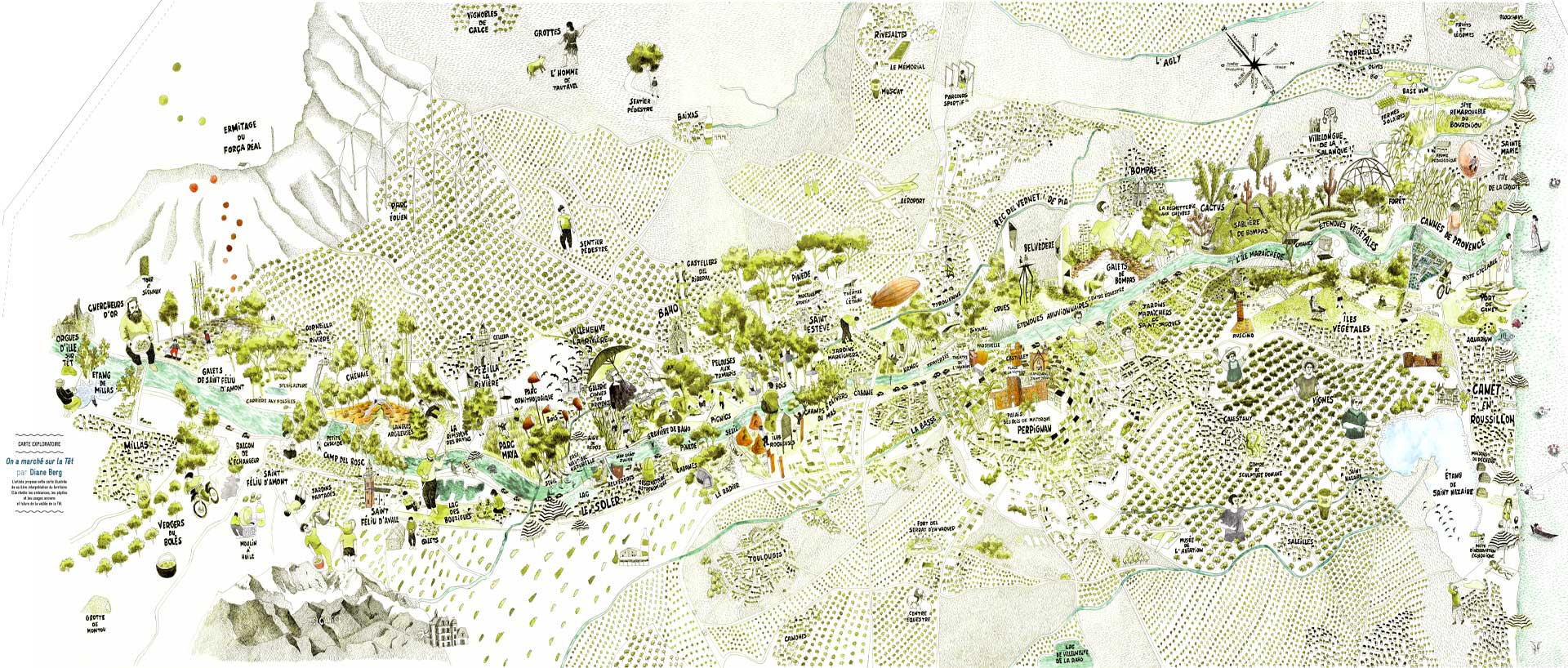
Head for the Têt!
The future of the inhabitants at the heart of the territory's project.
It is a question of inventing a new daily life for tens of thousands of inhabitants along the Têt coastal river, of organizing a new territorial deal, of implementing chosen and not submissive evolutions. The specificity of the program will be not to cut itself off from the historical sequences that have made the Têt a common thread, a social link, both to produce energy, to optimize reality ... The idea is to enhance all the heritage: architectural, natural, environmental, heritage. That everyone, in his or her field of competence and experience, contributes his or her expertise to improve the daily life of all, the famous "living together". This is how we have decided to build, to better project ourselves into the future. It is by going to the source of this current that we have been able to imagine strategic actions in order to concretely draw operational implementation paths. This is an adaptive process of renewal of what founds our territorial culture, going down from the Pyrenees to the Mediterranean, measuring ourselves against the strength of the river. All along the Tet, from one end to the other, we have raised our own objectives, with an unshakeable will to develop in a sustainable and equitable way, and in the best conditions for man and his environment, the existing strong economic and human potential. This is simply called: "going in the right direction". The set trajectory is taking shape. Day by day. As we go along, meeting the population, from information meetings to public debates. All that we will have
accumulated will allow us to move forward by being actors of our ambient living environment.
Find out what work has been done or is underway!
Financial support
Out of a forecast of 10 million euros of work, 48% of subsidies obtained thanks to partners, that is to say 4 806 000 €.

